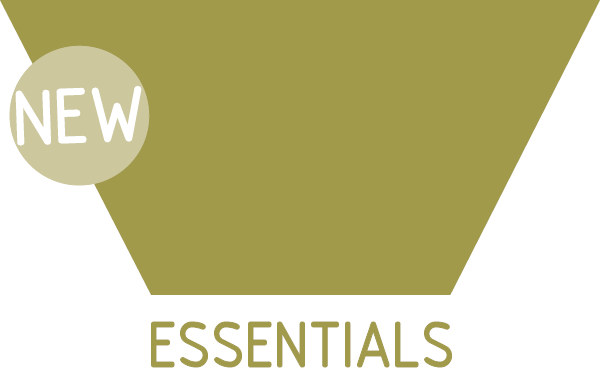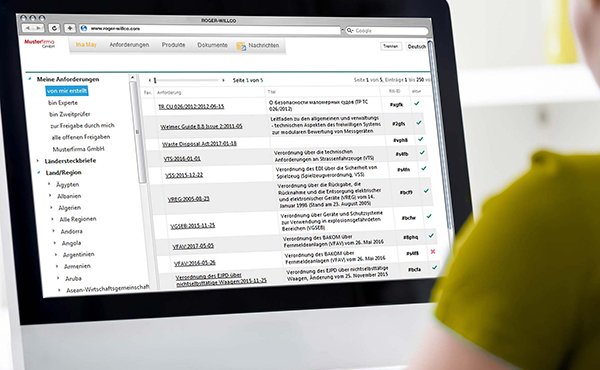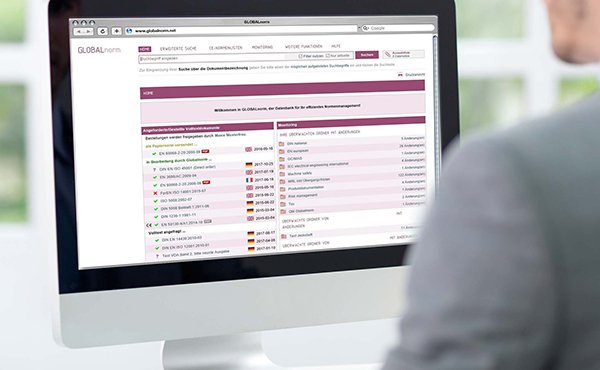While many affected companies are still eagerly awaiting the EU Commission's decision on the extension of the RoHS exemptions for lead, another potential challenge regarding the use of lead under REACH is now emerging.
There are currently about 30 pieces of legislation in the EU covering a variety of lead-related uses, such as RoHS, lead in ceramics and toys, in food contact materials or batteries. In 2018, lead was added to the list of Substances of Very High Concern (SVHC). This list is also called the Candidate List, as these substances are candidates for inclusion in Annex XIV of the REACH Regulation. ECHA regularly prioritizes the substances on this list to determine which substances should be included in the list of substances subject to authorization (Annex XIV of the REACH Regulation). Priority is usually given to substances with PBT or vPvB properties, widespread use or high volumes. Upon inclusion in Annex XIV, a substance is subject to authorization. After a transitional period, the use of a substance or use subject to authorization is then only possible after the granting of an elaborate authorization that is subject to high fees.
ECHA has now proposed the inclusion of lead in Annex XIV. Comments on this proposal can be submitted until May 2, 2022 (see link below). This is the first time an element of the periodic table has been proposed to be removed from general use through an authorization. Previously, only specific lead compounds were proposed, and only three of those were also included in Annex XIV. Consequently, users of lead metal (Pb) would be primarily affected. This would have a major impact on the production of articles, as any company using lead in a product, for example in alloys or capacitors, would in the future be dependent on applying for/obtaining a (chargeable) authorization.
Taking the procedure into account, a possible expiry date (so-called sunset date) would probably be in 2028. Lead would then not be allowed to be placed on the market or used without an authorization after the expiration date. In addition, a date at least 18 months before the expiry date is set (approx. 2026), by which a corresponding application for approval must be submitted. Only then is it possible to continue to use or place on the market the substance subject to authorization after the expiry date, unless the application has already been rejected.
We therefore recommend that any company using lead participate in the consultation (see link below).
If you have any questions or need to talk about this material compliance issue, please feel free to contact us!









